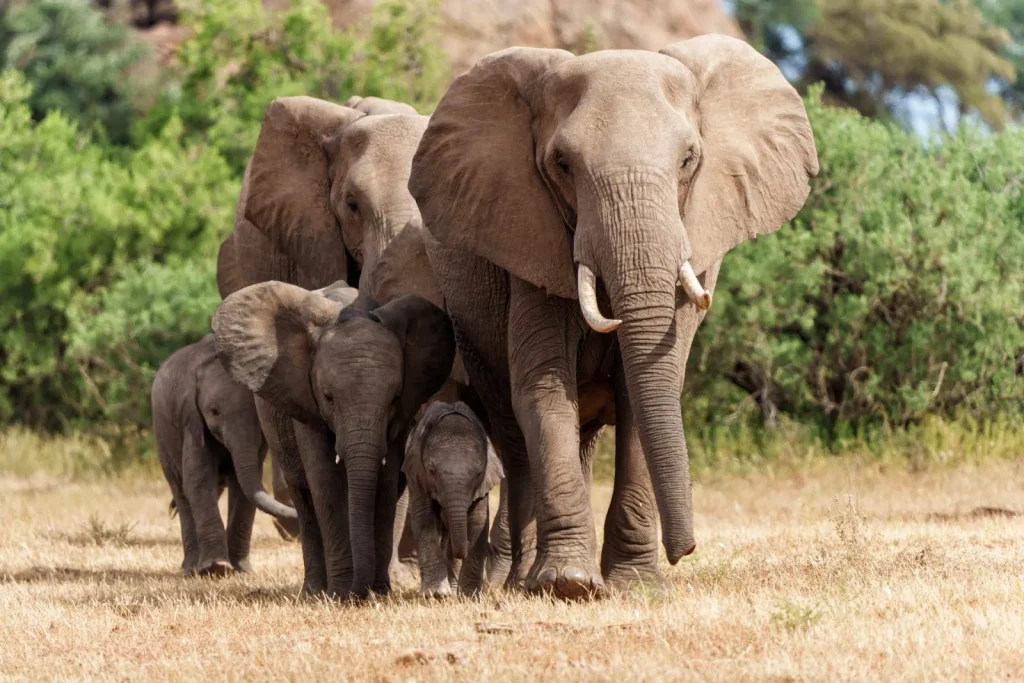Namibia has initiated a cull of more than 700 wild animals in response to its worst drought in decades, with the environment ministry reporting that 160 animals have already been killed. The cull, announced last week, aims to alleviate pressure on grazing land and water resources in the country, as well as to provide meat for relief programmes supporting those affected by the drought.
The operation, conducted by professional hunters, targets 30 hippos, 60 buffalo, 50 impalas, 83 elephants, 100 blue wildebeest, 100 elands, and 300 zebras. As of Tuesday, at least 157 of the 723 designated animals have been culled, according to environment ministry spokesperson Romeo Muyunda. The timeline for completing the cull will depend on various factors.
Muyunda emphasised that the goal is to carry out the cull sustainably and with minimal trauma, separating animals to be hunted from those that are not. In line with the international ban on ivory sales, the tusks of the culled elephants will be stored in government warehouses.
So far, over 56 kilograms of meat from the culled animals have been provided to the Office of the Prime Minister. Namibia declared a state of emergency in May due to the drought, which is affecting large parts of southern Africa.
The World Food Programme reported in August that approximately 1.4 million Namibians, nearly half the population, are facing acute food insecurity, with cereal production dropping by 53% and dam water levels falling by 70% compared to the previous year.
Animal rights group PETA has criticised the cull, calling it a short-sighted and cruel response that could have severe long-term consequences. PETA’s senior vice president, Jason Baker, has urged Namibian Prime Minister Saara Kuugongelwa-Amadhila to reconsider the plan, warning that it may disrupt ecosystems and lead to increased human-animal conflicts.

